Malaysia has a long coastline, so why’s it hell-bent on artificial islands?
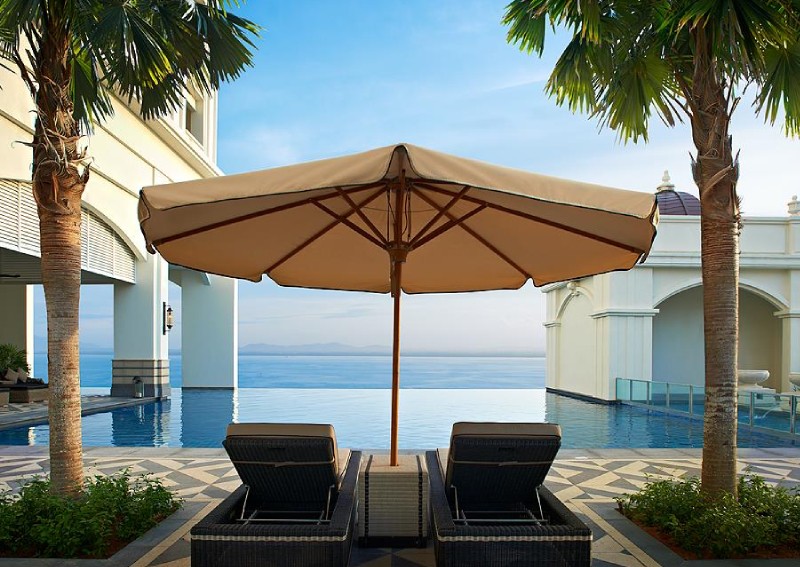
With Malaysia’s expanse of unused land and a coastline spanning almost 5,000km, citizens have long wondered why reclamation projects keep cropping up in the country.
In the state of Penang on the northwest coast of Peninsular Malaysia, environmentalists have been battling with the authorities for years over a multibillion-dollar island-building scheme they believe will irreversibly damage marine life.
A gargantuan US$100 billion (S$136 billion) coastline metropolis being fashioned as Malaysia’s answer to China’s Shenzhen, down south in the state of Johor, has faced similar questions.
The Chinese-backed Forest City project next to Singapore, comprising four artificial islands, has been called a failure by some. A recent media report indicated developers had turned over the keys to a mere fraction of the 700,000 people they envisaged would live in the zone by 2035, when it is scheduled to be completed.
The project, two-thirds owned by Chinese developer Country Garden, has had added scrutiny because of an ownership stake involving a local firm controlled by the powerful Sultan Ibrahim Ismail, the ruler of Johor.
Recently, citizens and observers alike have been eyeballing another potential waste of time and money – the 3,200-acre Maharani Energy Gateway near Johor’s historical town of Muar, about 180km (111 miles) north of Forest City.
The 99 billion ringgit (S$32 billion) 10-year project, which will involve the creation of three artificial islands in the Strait of Malacca for petrochemical plants and oil and gas storage, also involves the billionaire Sultan. The company running the scheme was formed last year but construction has not yet started.
On March 10, news portal Malaysiakini reported that Sultan Ibrahim, who owns a fleet of jets, loves Harley-Davidson motorcycles and is among the most influential of Malaysia’s nine ceremonial royal household heads, had effective control of 38.5 per cent of the Muar project.
Daing A Malek Daing A Rahaman, a businessman and politician widely seen as a close friend and key member of the Sultan’s inner circle, had effective control of 16.5 per cent, Malaysiakini said.

PHOTO: South China Morning Post
On top of that, plans revealed in an environmental impact assessment (EIA) report carried out for the project’s developers showed they are seeking to use the area as a one-stop shop for ship-to-ship transfer of oil and gas products, meaning the new port must be properly equipped to handle this process so there are no spills.
One immediate question arising among the likes of Meenakshi Raman from environmental group Sahabat Alam (Friends of the Earth) Malaysia is whether such an amenity is actually needed, given that there is already a major integrated oil and gas facility about 400km away on Johor’s southeast coast.
The Pengerang Integrated Petroleum Complex houses national petrol company Petronas’ refinery and other facilities including a deep water terminal.
While neighbouring Singapore – hundreds of times smaller than Malaysia – has over the years been reclaiming land for various purposes, there was no need for Malaysia to do the same, Raman said.
In a scathing report in March, her group said the Maharani Energy Gateway’s environmental report was lacking in substance and failed to take into account rising sea levels and Kuala Lumpur’s climate pledges.
The report glazed over the impact on fisherfolk and the permanent loss of marine habitats while proposing the removal of mangrove trees critical to preserving the coastline, the group said.
Raman said the “proposed dirty energy project in Johor will jeopardise Malaysia’s ability to meet its international commitment under the Paris Agreement and sends the wrong signal to the world that we are not serious about addressing climate change”.
As of 2020, Malaysia had only reached 5.3 per cent of its target to designate 10 per cent of coastal and marine areas as protected areas, official data showed.
While Maharani Energy Gateway and its EIA consultant claim the development will bring “positive impacts” such as an increase in employment, incomes and logistical networks, This Week in Asia’s interviews with fishermen suggest few, if any, agree. Those interviewed said they had not been consulted about the project.
“All we have heard are rumours. There has been no dialogue with us, the stakeholders. That is not right,” said Gan, 65, who has fished all his life in the village of Parit Jawa, the main fisheries hub near Muar. He asked to be referred to by his last name only.

Sultan Ibrahim and his son, the crown prince Tunku Ismail Ibrahim, have an outsize influence on public life in Johor even though they are on paper just constitutional heads of state who must abide by the will of the elected state government.
With the royal household’s vast business interests and clout over elected officials, citizens like Gan say they fear speaking out of turn about how the Muar project may make their lives more difficult.
James Chin, an Australia-based Malaysian political observer known for speaking more freely about the royalty than locally-based analysts, said the Johor palace was likely to be the wealthiest of the country’s royal households.
“Johor is a unique state in Malaysia where the sultan has a much higher influence in the political arena and civil service despite being a constitutional monarch,” Chin said.
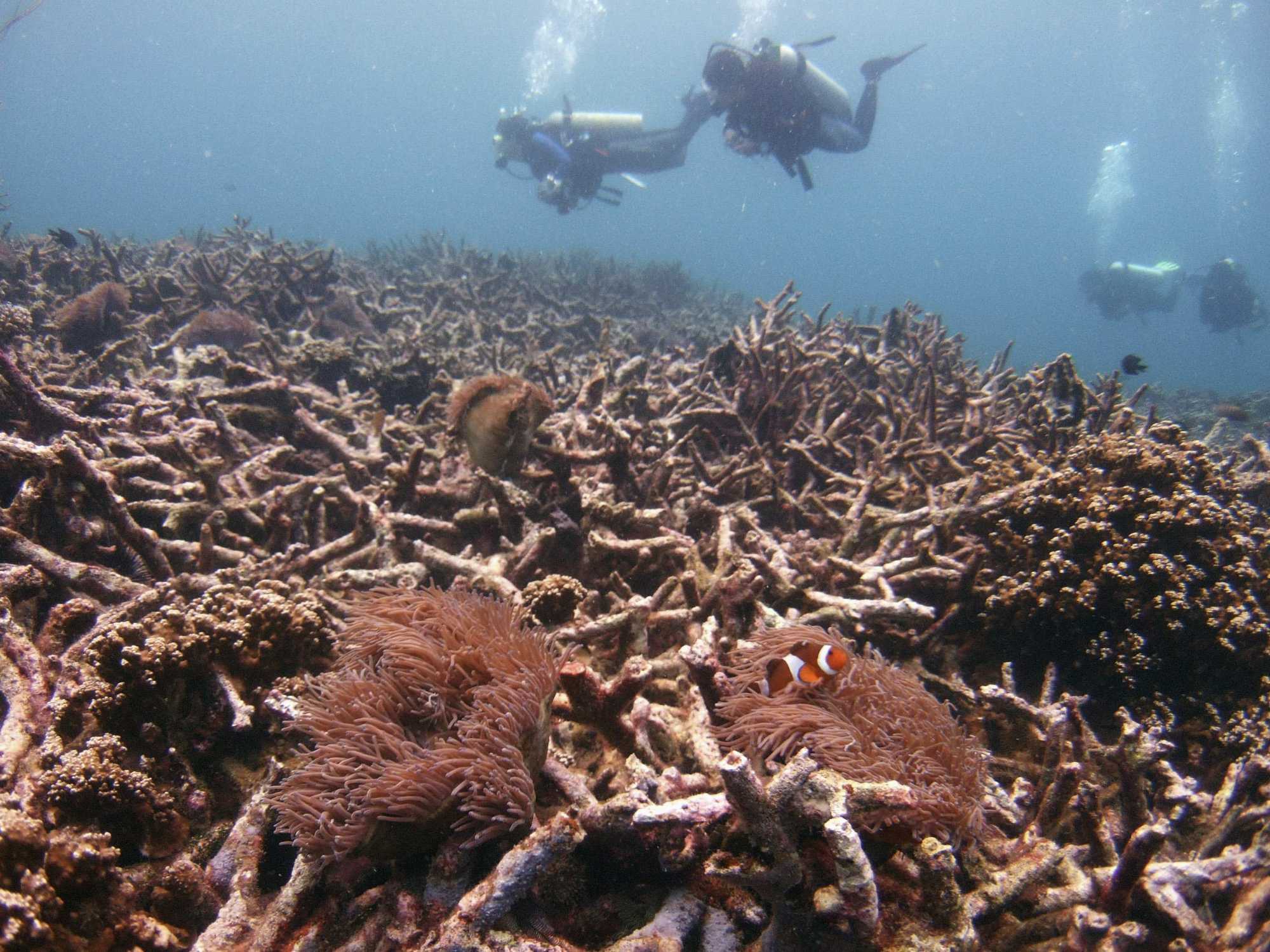
Speaking by the coastline with political party flags still fluttering in the background – a snap statewide election recently concluded in Johor – Gan noted that the Muar project issue garnered little attention during the campaign.
Shooting the breeze with other fishermen in front of the Parit Jawa Fisheries Society building after finishing their work for the day, they lamented the fate of their trade and the impact on their lives if the project goes ahead.
“It will definitely affect our livelihoods. Our catches are already small and there are hundreds of fishermen in these waters,” said *Samad Safar, 62, before being corrected by his friend.
“More than a thousand, all along this coast,” said Ser, also in his 60s, who added that each fisherman has at least three mouths to feed.
The member of parliament for Muar, opposition lawmaker Syed Saddiq Syed Abdul Rahman, said he was surprised to learn that not all fishermen had been informed about the project.
He also said 101 fishermen were surveyed and “only 23 fishermen agreed with the project while 46 were unsure and 29 disagreed”.
He said it was vital to ensure all those affected received full and fair compensation – “not a one-off” – reflecting their families work over generations.
Shaped like a funnel, the 800km long Strait of Malacca thins out towards its southern end, with only about 70km separating Muar from the Indonesian island of Bengkalis across the water.
Its width makes it a major chokepoint in global shipping, alongside the Suez and Panama canals, with ships from China heading west having to navigate its narrow and shallow waters.
The new project will extend Muar’s current port further into the ocean, and with another proposed reclamation project about 50km away in Melaka – a historic seaside town that is the cradle of modern Malay civilisation – could seriously impede shipping traffic, observers say.
Despite the royalty’s clout and cash, though, there is some hope among the fishing community and environmentalists of a reassessment of the gateway project.
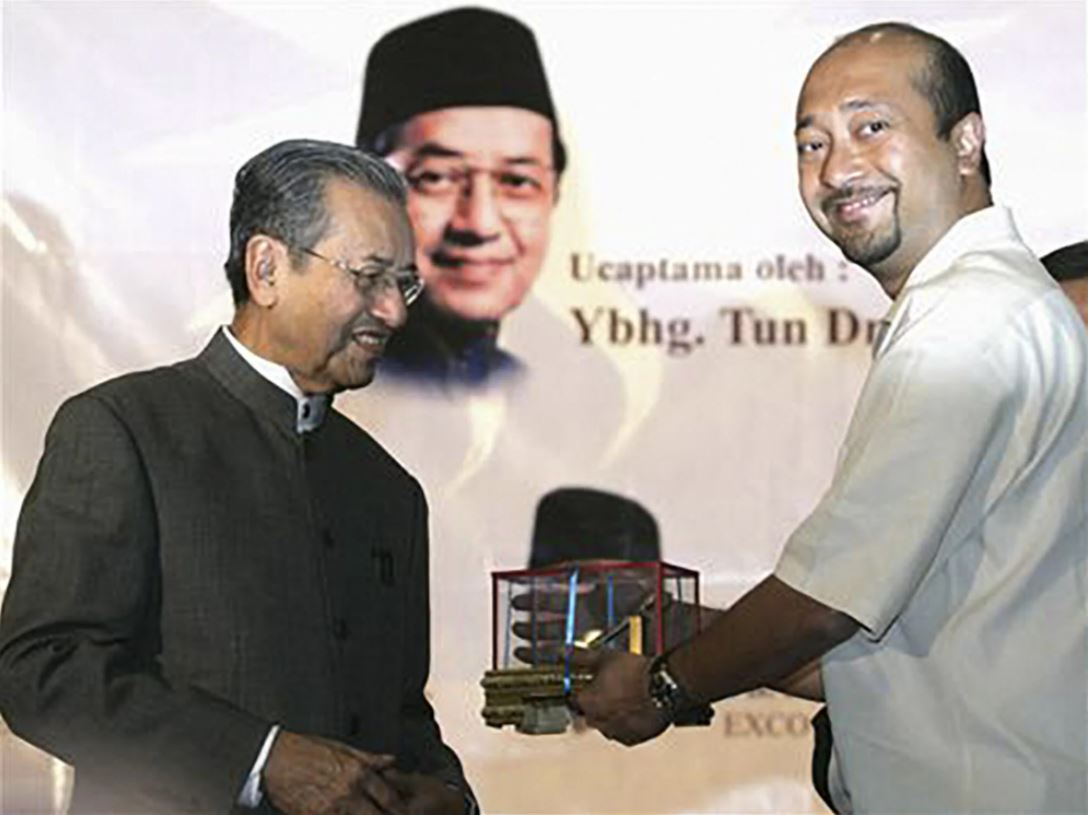
Along with Alam Sahabat Malaysia, other prominent voices including the national opposition leader Anwar Ibrahim and Mukhriz Mahathir – the politician son of former Prime Minister Mahathir Mohamad – have called for greater transparency and consultation for the Maharani Energy Gateway.
Meanwhile, chatter in recent days about the EIA report’s flaws appears to have led the country’s Department of Environment to withdraw the document from its website. Opposition lawmaker Syed Saddiq said it disappeared after he posted a video about the project a few days ago.
“My question is, why is a public report taken down from the website when the project has already started? This is a public report and the people, especially the Muar people who are affected, have the right to access the details of the project,” he said.
Raman, the environmental activist, said discussions around the Muar project should give pause to the “land reclamation mania in this country”.
The onus was on the government of Prime Minister Ismail Sabri Yaakob to consider cancelling coastal reclamation projects given the incontrovertible evidence that they cause grave environmental damage, she said.
“Clearly, there appear to be very influential corporate players involved in pushing such reclamation projects all over [the country], they are putting profits above the environment and lower-income groups,” she added. “We have to halt this madness.”






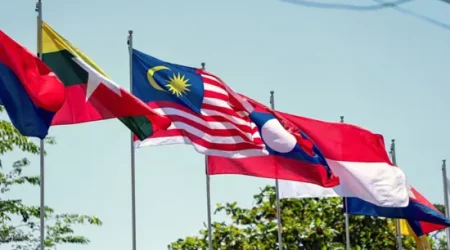

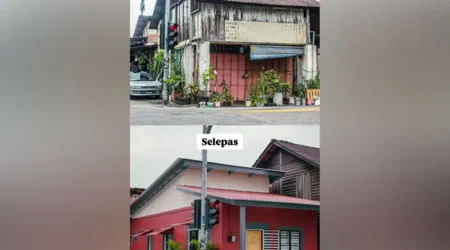
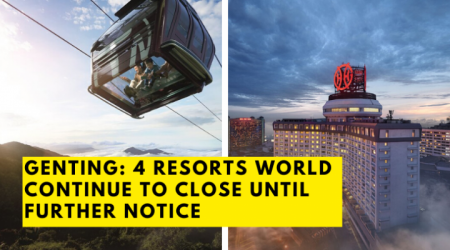


Leave a Reply